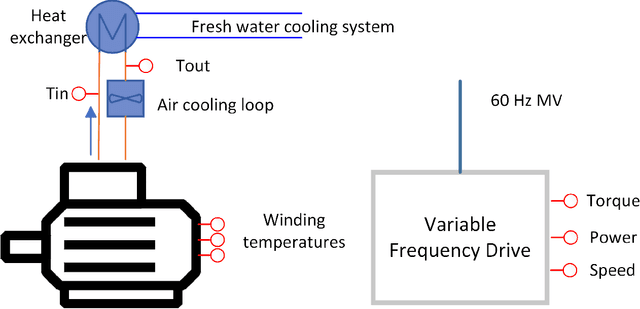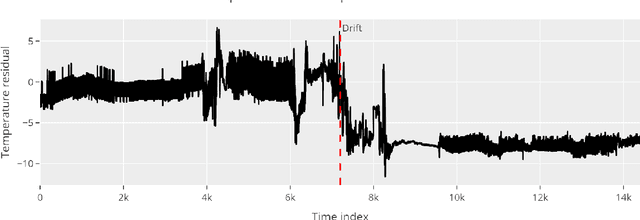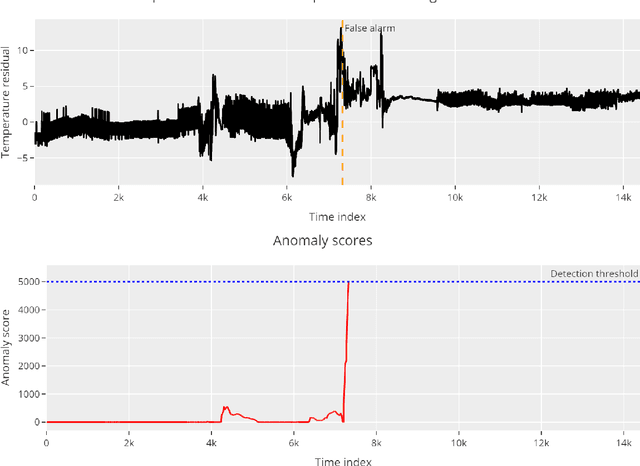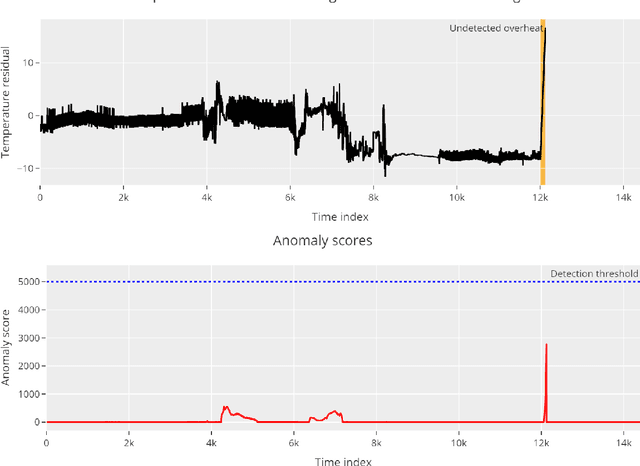Fault detection in propulsion motors in the presence of concept drift
Paper and Code
Jun 12, 2024



Machine learning and statistical methods can be used to enhance monitoring and fault prediction in marine systems. These methods rely on a dataset with records of historical system behaviour, potentially containing periods of both fault-free and faulty operation. An unexpected change in the underlying system, called a concept drift, may impact the performance of these methods, triggering the need for model retraining or other adaptations. In this article, we present an approach for detecting overheating in stator windings of marine propulsion motors that is able to successfully operate during concept drift without the need for full model retraining. Two distinct approaches are presented and tested. All models are trained and verified using a dataset from operational propulsion motors, with known, sudden concept drifts.
 Add to Chrome
Add to Chrome Add to Firefox
Add to Firefox Add to Edge
Add to Edge